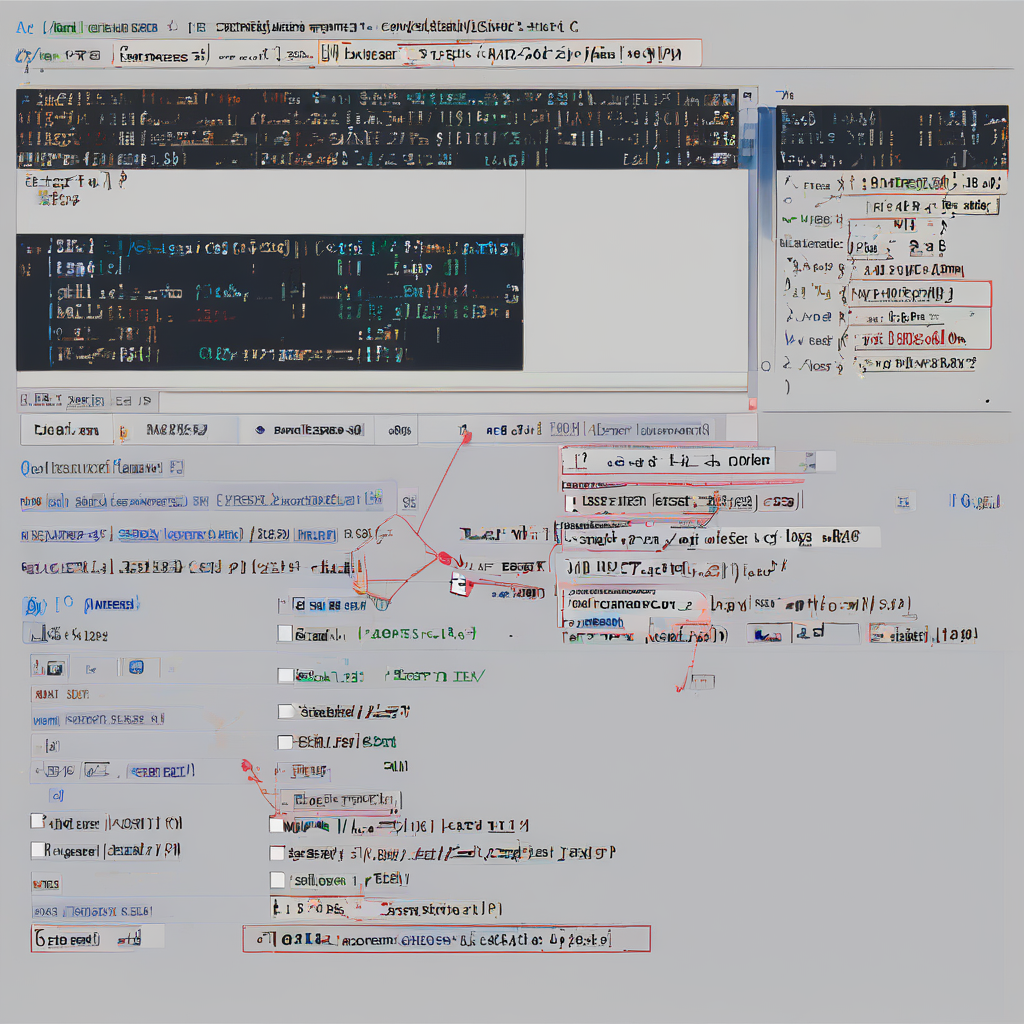Navigating the Progressive Insurance Claim Process: A Comprehensive Guide
Filing a claim with Progressive Insurance can seem daunting, but understanding the process can significantly ease the experience. This comprehensive guide breaks down each step, offering valuable tips and insights to help you navigate the system effectively and receive the compensation you deserve.
Understanding Your Progressive Insurance Policy
Before filing a claim, thoroughly review your policy. Familiarize yourself with your coverage limits, deductibles, and any exclusions. Knowing your policy details upfront will streamline the claims process and prevent unexpected surprises.
- Coverage Types: Identify the specific type of coverage applicable to your situation (e.g., collision, comprehensive, liability, uninsured/underinsured motorist).
- Deductible: Understand your responsibility for the initial portion of the claim cost.
- Policy Limits: Know the maximum amount your insurance company will pay for covered damages or injuries.
- Exclusions: Be aware of specific events or circumstances not covered by your policy.
Reporting Your Claim to Progressive
Progressive offers several ways to report a claim, ensuring convenience and accessibility. The choice depends on the urgency and your personal preference.
- Online Claim Filing: The quickest and most convenient method, often accessible through the Progressive website or mobile app. This typically involves providing details about the incident and uploading supporting documents.
- Phone Claim Reporting: Calling Progressive’s dedicated claims line connects you directly with a representative who can guide you through the process. This is helpful for complex claims or when immediate assistance is needed.
- Mobile App: The Progressive mobile app provides a user-friendly interface to report claims, track progress, and communicate with adjusters.
Providing Necessary Information
Accurate and complete information is crucial for a smooth claims process. Be prepared to provide the following details when reporting your claim:
- Date, time, and location of the incident: Precise details are critical for investigation and verification.
- Description of the accident: A clear and concise account of events, including contributing factors.
- Names and contact information of all involved parties: This includes drivers, passengers, and witnesses.
- Police report number (if applicable): If law enforcement was involved, provide the report number for efficient processing.
- Vehicle information: Make, model, year, VIN, and license plate number of all involved vehicles.
- Insurance information: Policy number and contact information for all involved insurance companies.
- Photographs and videos: Visual documentation of the damage to vehicles and the accident scene is highly beneficial.
Working with a Progressive Claims Adjuster
Once your claim is filed, you’ll be assigned a claims adjuster. This individual is responsible for investigating the claim, assessing damages, and determining the amount of compensation. Maintain open communication with your adjuster throughout the process.
- Prompt Response: Respond promptly to all inquiries from your adjuster to avoid delays.
- Document Everything: Keep records of all communication, including emails, phone calls, and letters.
- Be Honest and Accurate: Provide truthful and accurate information to avoid potential complications.
- Negotiation: Be prepared to negotiate the settlement amount if you believe the initial offer is insufficient. Know your rights and be assertive yet respectful.
Repairing or Replacing Your Vehicle
Progressive offers several options for vehicle repair or replacement, depending on the extent of the damage and your policy coverage.
- Progressive’s Repair Network: Progressive often works with a network of preferred repair shops. Utilizing these shops can streamline the process and ensure quality repairs.
- Independent Repair Shops: You may choose to have your vehicle repaired at an independent shop, but be sure to get pre-approval from your adjuster to avoid potential disputes over costs.
- Total Loss: If the damage to your vehicle exceeds its actual cash value (ACV), it might be declared a total loss. Progressive will determine the ACV and offer a settlement based on that amount.
Medical Claim Process
If injuries resulted from the accident, the medical claim process is separate from the property damage claim. It’s crucial to seek medical attention promptly and document all treatments and expenses.
- Medical Bills: Keep meticulous records of all medical bills, receipts, and explanations of benefits (EOBs).
- Medical Provider Information: Provide your adjuster with the contact information for your medical providers.
- Personal Injury Protection (PIP): Understand your PIP coverage and how it will help cover medical expenses, regardless of fault.
- Lost Wages: If injuries prevent you from working, document lost wages and provide evidence to support your claim.
Understanding the Claims Timeline
The time it takes to resolve a claim varies depending on the complexity of the case. Simple claims may be resolved quickly, while more complex claims may take longer. Be patient and stay in communication with your adjuster to understand the expected timeline.
Appealing a Claim Decision
If you disagree with Progressive’s decision on your claim, you have the right to appeal. Understand the appeals process outlined in your policy and prepare a strong case with supporting documentation.
Preventing Claim Disputes
Proactive measures can minimize the likelihood of disputes during the claims process.
- Detailed Documentation: Keep meticulous records of all relevant information, including photos, witness statements, and police reports.
- Prompt Reporting: Report the accident to Progressive as soon as possible.
- Open Communication: Maintain clear and consistent communication with your adjuster.
- Policy Understanding: Thoroughly understand your policy coverage and limitations.
Seeking External Assistance
If you’re struggling to navigate the claims process or encounter difficulties with Progressive, consider seeking assistance from a qualified professional.
- Insurance Attorney: An attorney specializing in insurance law can provide legal guidance and representation.
- Public Adjuster: A public adjuster is a licensed professional who can advocate on your behalf and negotiate a fair settlement.




